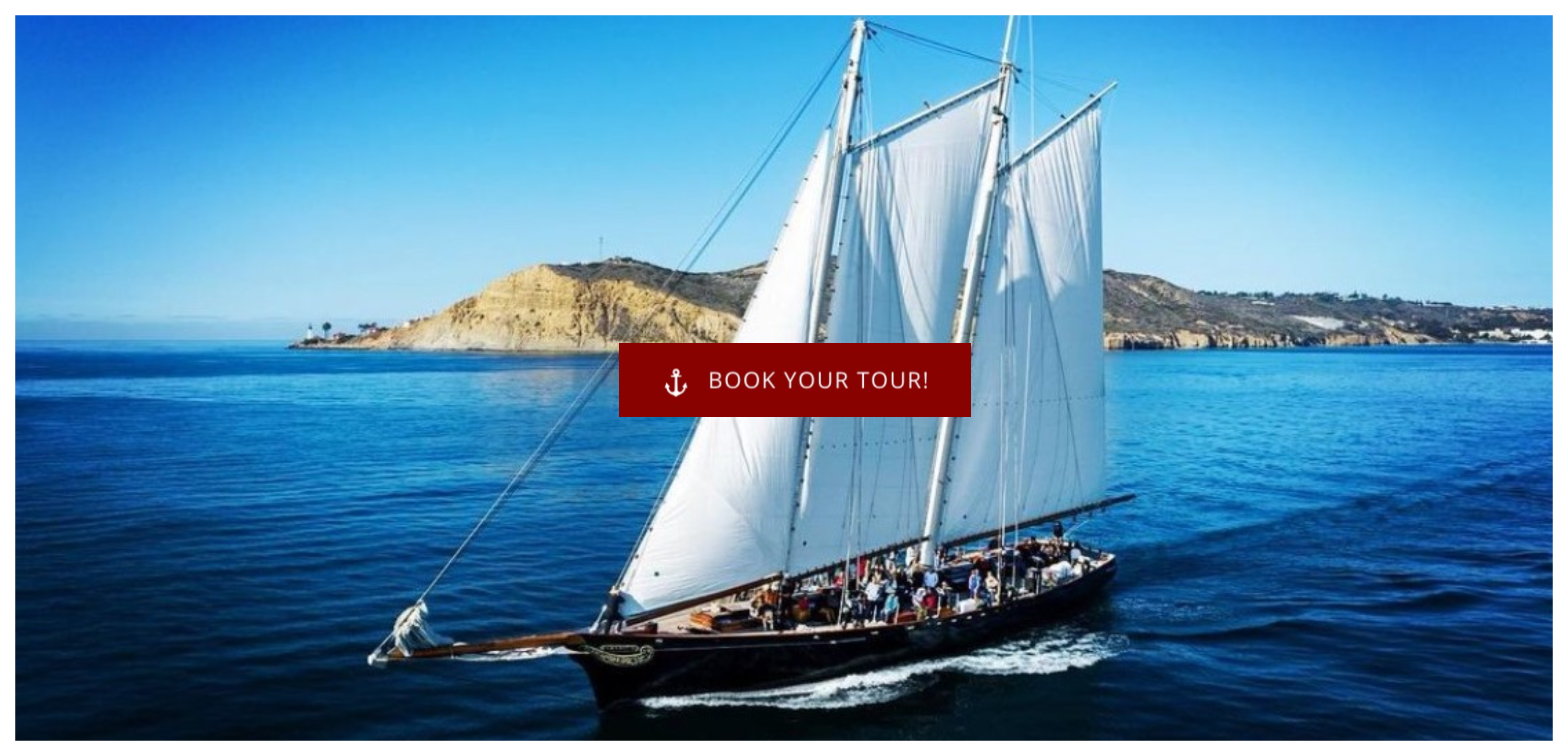What Is “Green Boating” & How Can Boaters Practice Sustainability

Water is the essential elixir of life on Earth. It covers about 70% of the planet’s surface and houses at least 240,000 known plant and animal species. Clean water enables marine life to thrive, but it also ensures the continuance of our planet’s water cycle. Naturally, boaters appreciate the beauty and life-giving potential of the waters they sail in. Green boating practices take that appreciation further, helping preserve these waters for everyone’s benefit.
The Benefits of Green Boating
Simply put, green boating incorporates an eco-friendly approach. It focuses on reducing boaters’ overall impact on the environment, including the waters in which they’re sailing. By prioritizing sustainable boating, we ensure that our oceans, bays, and harbors remain safe havens for future generations.
Core principles of green boating include:
- Preventing pollution
- Using eco-friendly products
- Protecting wildlife and habitats
- Boosting sustainability through reduced waste
- Maintaining boats responsibly and with minimal impact
Together, these eco-friendly boating practices protect fragile ecosystems while also enhancing the experience of being on the water.
How To Prevent Oil Discharge From Your Boat
Green boating’s first focus is pollution prevention. Substances such as oil and fuel can cause major harm to marine environments. Since oil is one of the most damaging pollutants, boaters should take steps to ensure it doesn’t enter the water.
- Keep your engine well-maintained and all bolts tightened.
- Replace hydraulic lines and fittings at the first signs of cracks or wear.
- Use drip trays or oil pans under your engine to capture leaks.
- Carry absorbent pads to catch unexpected spills.
Even small oil slicks can damage marine life, so prevention is critical.
Tips for Fueling Your Boat
Fuel spills can be equally harmful. Fortunately, smart fueling habits reduce the risk:
- Know your tank’s capacity, and never fill to the very top. Leave at least 10% room for expansion.
- Keep the bilge pump off during refueling to avoid accidental discharge.
- Use oil-absorbent pads or fuel collars to capture any drips.
By taking a few extra moments to fuel carefully, boaters make a major impact on protecting coastal waters.

Minimize Maintenance in the Water
Stopping chemical pollution is another key element of eco-friendly boating practices. Performing maintenance on land whenever possible helps eliminate pollutants before they enter the water.
- Lay tarps to capture drips, dust, and debris.
- Use biodegradable soaps that are phosphate-free and non-toxic.
- Schedule hull cleaning and painting on shore to prevent runoff.
Small adjustments like these reduce the chemicals that flow into the water supply, protecting both marine animals and human health.

Disposing of Trash & Waste Properly
Solid waste is another major threat to our oceans. Trash left behind or carelessly discarded can harm wildlife, damage habitats, and pollute waterways. To prevent this:
- Collect and contain all onboard trash.
- Set aside hazardous items such as batteries, paints, and cleaning supplies for proper disposal.
- Never dispose of sewage directly into the bay. Instead, use marina pump-out stations or portable marine sewage tanks.
These small steps uphold the spirit of sustainable boating, keeping our oceans cleaner and healthier.
How the Yacht America Practices Green Boating
At Next Level Sailing, our flagship vessel, the Yacht America, embodies the ideals of green boating. While she is a majestic replica of the original 1851 America’s Cup winner, her operations today emphasize sustainability and respect for the ocean.
-
- Efficient Sailing: America is a hybrid machine, using both wind power and diesel engines, dramatically reducing reliance on fuel compared to conventional motor vessels. This minimizes carbon emissions and decreases fuel consumption.
- Minimal Fuel Burn: On average, the America uses just one-third of a gallon of fuel per passenger per trip, dramatically less than many competitors that may burn hundreds of gallons per outing. Most vessels burn at least 10x more fuel per person than we do.

- Emission Compliant: We have Tier 3 John Deere diesel engines that are emission compliant in the state of California. The engines are energy efficient and excellently maintained.
-
- Eco-Friendly Maintenance: Cleaning and maintenance are performed using non-toxic, biodegradable products that prevent harmful runoff.
- Marine Education: Guests aboard learn not just about history and sailing, but also about the importance of marine conservation and protecting ecosystems.
- Waste Reduction: The crew practices strict onboard waste management, ensuring all trash, recycling, and wastewater are handled responsibly.
- Paperless: As a paperless company, we don’t require guests to bring printed tickets. We simply check in everyone electronically, dramatically reducing paper waste.
By blending tradition with eco-friendly boating practices, the Yacht America proves that sustainability and adventure can go hand-in-hand.
Preserving Our Planet’s Waters
With waterways being such an integral part of our planet’s ecosystems, we must do what we can to minimize our impacts on our oceans. Through green boating, we continue to enjoy these beautiful waterways while ensuring they remain clean and vibrant for generations to come. Pollution prevention, waste management, and mindful boat maintenance practices all come together, allowing humans and marine life to peacefully coexist.
At Next Level Sailing, we believe that sustainable boating isn’t just a choice—it’s a responsibility. Every boater has the power to reduce their footprint, protect marine habitats, and help preserve the world’s most precious resource: water.
